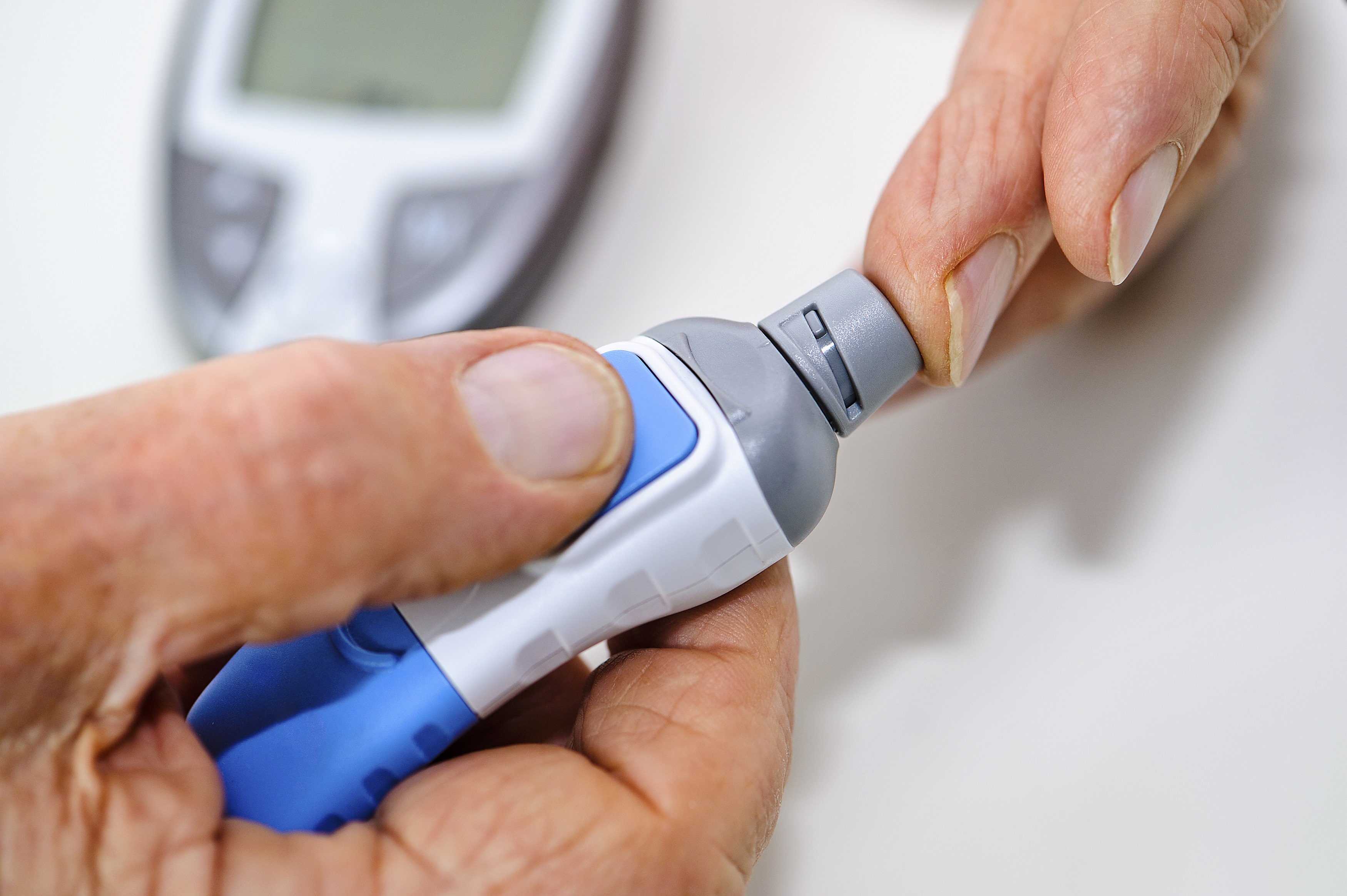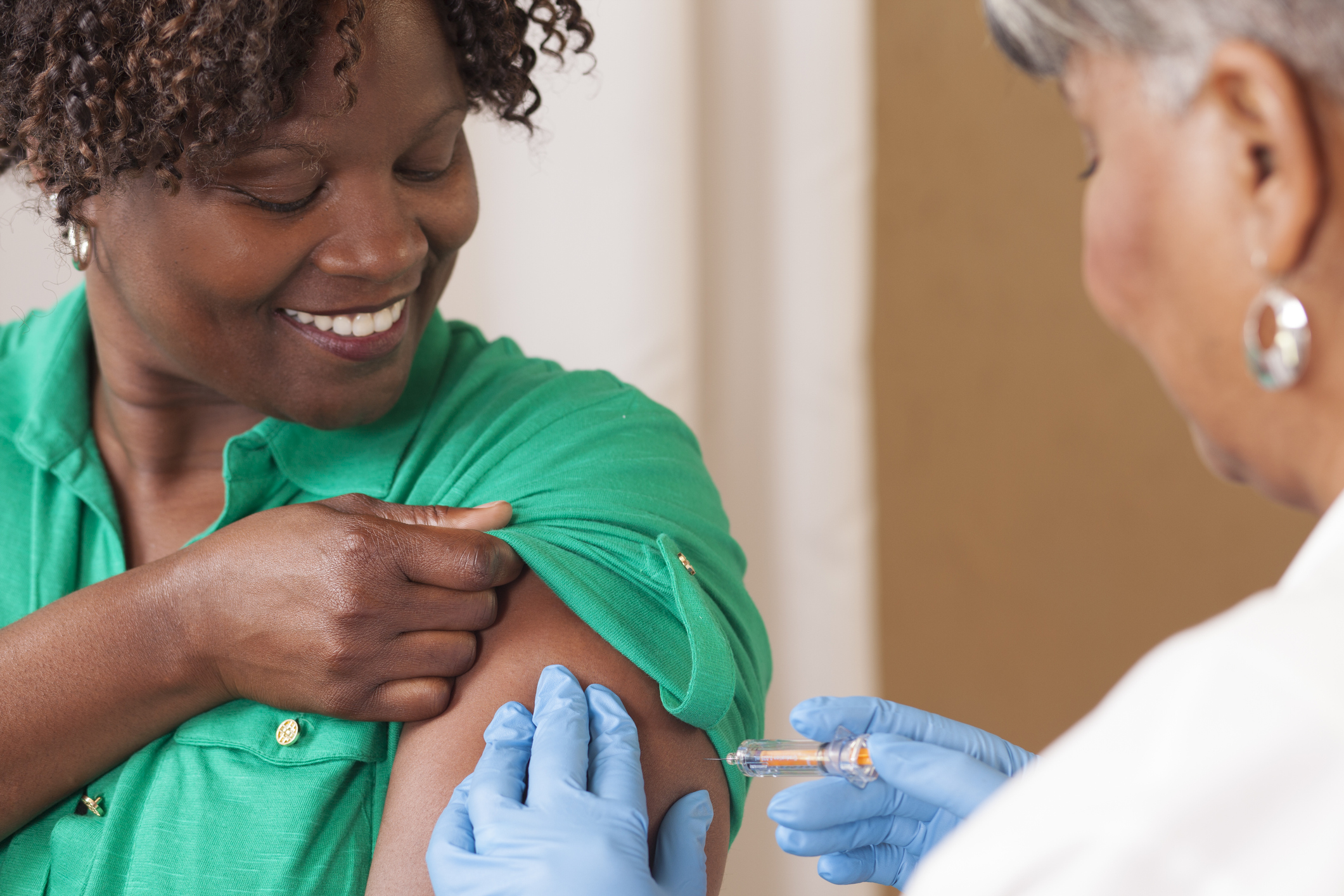Black History Month and Kidney Health Disparities
As many people know, February is Black History Month, and it is important that we take the time to reflect upon, commemorate, and celebrate all the incredible achievements made by African Americans and the impact they have had on the history of the United States. What many do not know though, is the disparity with which kidney disease and illness affects the black community. African Americans comprise approximately 13% of the United States’ population; however, they make up more than 35% of all patients on dialysis due to kidney failure. Additionally, about 4.9 million African Americans over the age of 20 [...]






